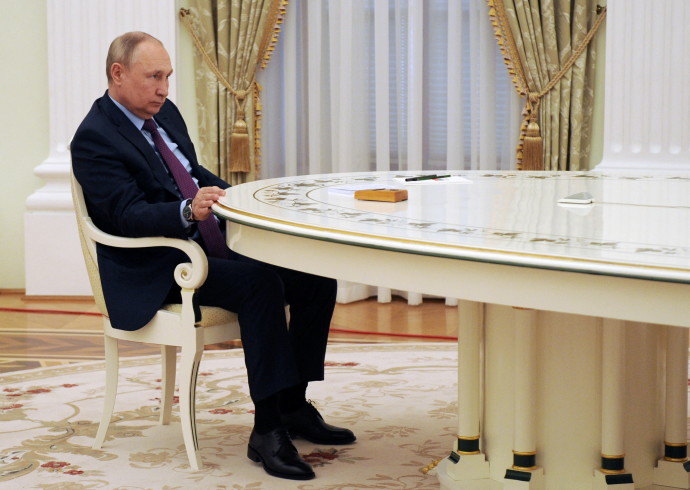Oleg Tinkov, the founder of one of Russia’s biggest banks, criticized the war in Ukraine in a post on Instagram last month. The day after, he claimed, President Putin’s administration contacted the banks executives and threatened to nationalize the bank if he did not cut ties with it.
Last week, Tinkov sold his 35% stake to a Russian mining billionaire who is close with Putin, in what he describes as a “desperate sale, a fire sale” that was forced on him by the Kremlin for a ridiculous price.
“I couldn’t discuss the price,” Tinkov said. “It was like a hostage situation — you take what you are offered. I couldn’t negotiate.”
Tinkov is renowned as one of Russia’s few self-made business tycoons, worth more than $9 billion in November, after building his fortune outside the energy and minerals industries that were the playgrounds of Russian oligarchs.
Tinkov claimed that many of his acquaintances in the government and business elite told him privately that they shared his view and agreed with him, “but they are all afraid” of suffering the same fate.

“I’ve realized that Russia, as a country, no longer exists,” Tinkov told The New York Times, predicting that Putin would stay in power a long time. “I believed that the Putin regime was bad. But of course, I had no idea that it would take on such a catastrophic scale.”
Tinkoff, the bank Tinkov started in 2006, denied his claims of events and said there had been “no threats of any kind against the bank’s leadership.” The bank, which announced last Thursday that Tinkov had sold his entire stake in the company to a firm run by Vladimir Potanin, a mining magnate close to Putin, appeared to be distancing itself from its founder.
“Oleg has not been in Moscow for many years, did not participate in the life of the company and was not involved in any matters,” the bank said in a statement.
Tinkov is nevertheless widely seen as a rare Russian business pioneer, evolving from a small-time business owner to the founder of one of Russia’s biggest online banks. He says he has never set foot in the Kremlin, and has occasionally criticized Putin before.
But unlike Russian oligarchs who years ago criticized Putin and now live in exile, such as former oil magnate Mikhail B. Khodorkovsky or tech entrepreneur Pavel Durov, Tinkov found a way to coexist with the Kremlin and make billions despite his views – at least, until April 19.
